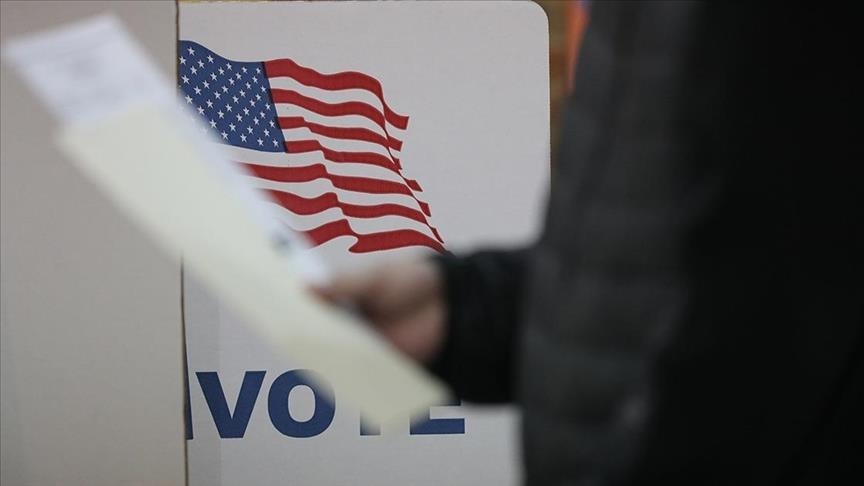Steven Blockmans
Senior Research Fellow, CEPS
Russia’s full-blown war against Ukraine has finally pushed Europe to increase its defense autonomy. But years of underinvestment mean that the United States remains an essential pillar in European security. The election of a new U.S. commander-in-chief is therefore of crucial importance for the future direction of Europe’s security landscape.
The U.S. president’s approach to NATO—the cornerstone of Europe’s collective defense—has profound effects on the alliance’s cohesion and effectiveness. A President Kamala Harris, who strongly supports NATO and is committed to upholding its principles, would reinforce the security guarantees that have underpinned European stability since World War II. Conversely, a second Trump presidency that questions the value of NATO or pushes for a reduction in U.S. involvement will create uncertainty within the alliance, emboldening adversaries and weakening Europe’s security architecture.
The U.S. president’s stance on Russia and its enablers, including policies related to sanctions, military presence in Eastern Europe, and support for Ukraine, directly affects European security. A strong U.S. response to Russian aggression as advocated by Harris and her vice president pick Tim Walz would deter further destabilization in Europe, while the laissez faire approach favored by team Trump-Vance would most certainly encourage Russian actions that threaten European nations.
U.S. leadership is also critical in addressing other global threats that directly impact Europe, such as wars in the Middle East, cyberattacks, and freedom of navigation in international waters. A Harris administration that prioritizes international cooperation in confronting authoritarianism and is willing to engage in joint efforts with European allies would enhance the transatlantic ability to counter these threats. A more erratic, unilateralist, and isolationist approach that would be expected in a second Trump administration would leave Europe more vulnerable, as it relies heavily on U.S. intelligence, military capabilities, and diplomatic influence to manage these challenges.
Europe has been slow to Trump-proof itself and will struggle to respond collectively to new security challenges, thus leaving the continent more vulnerable to malevolent actors. Harris’s internationalist tone on the campaign trail suggests that she will double down on Biden’s foreign policy objectives and thus give Europe more time to bolster its defense preparedness in cooperation with the United States. But Europeans would be best advised not to de-prioritize the build-up of their own deterrence and defense capacities. A Europe-friendly President Harris would enter office as fatigue with the three-year old war in Ukraine runs high and the likelihood of shaky ceasefire deals increases. Moreover, Harris’s relative lack of foreign policy experience would likely be tested by China and Russia in other theaters, thus leaving Europe to compete for attention.
The blog is originally published at www.cfr.org as a part of the Global Memo “Why the U.S. Presidential Election Matters for Europe”. Global Memos are briefs by the Council of Councils that gather opinions from global experts on major international developments.

